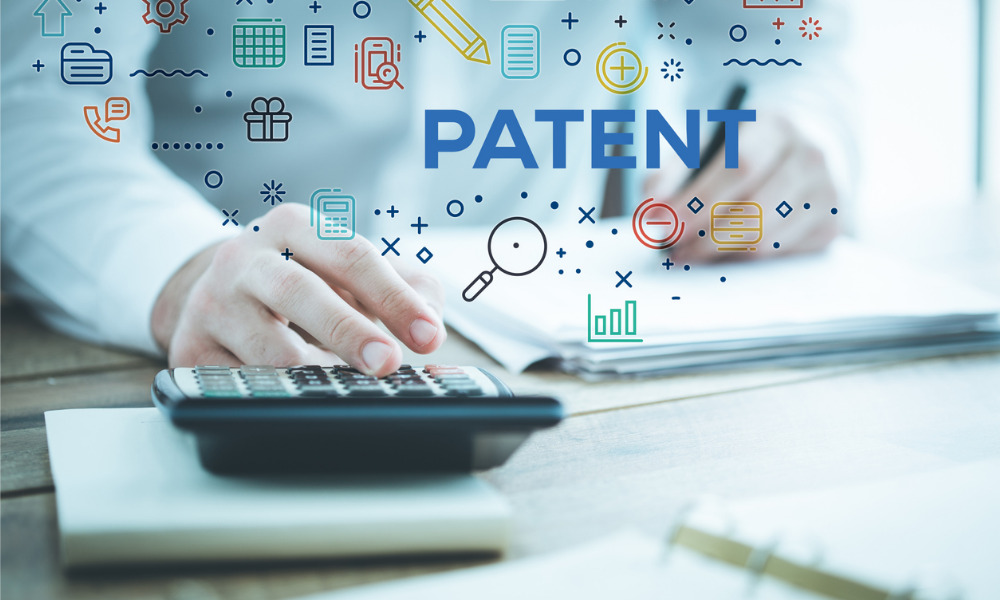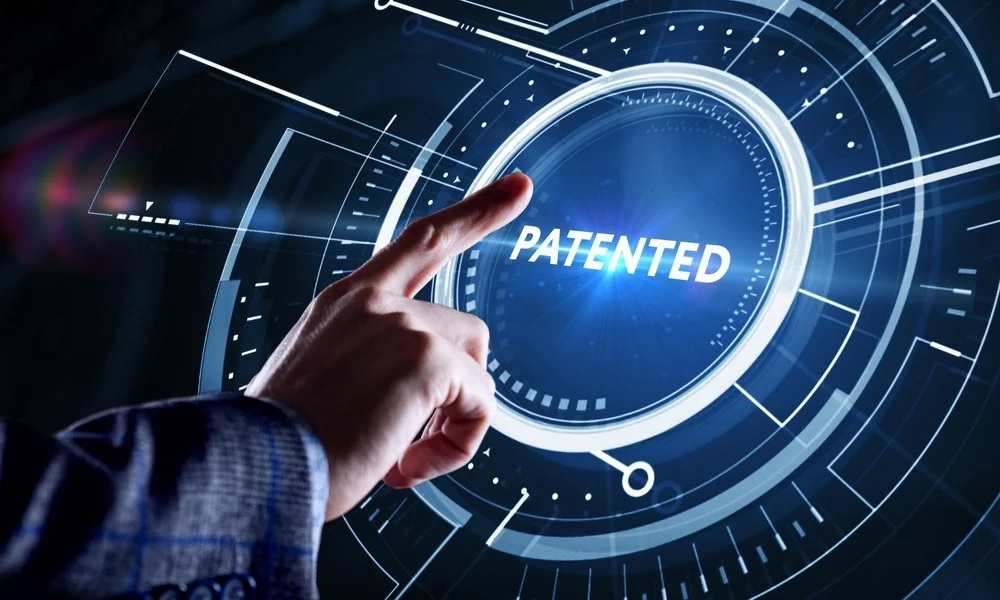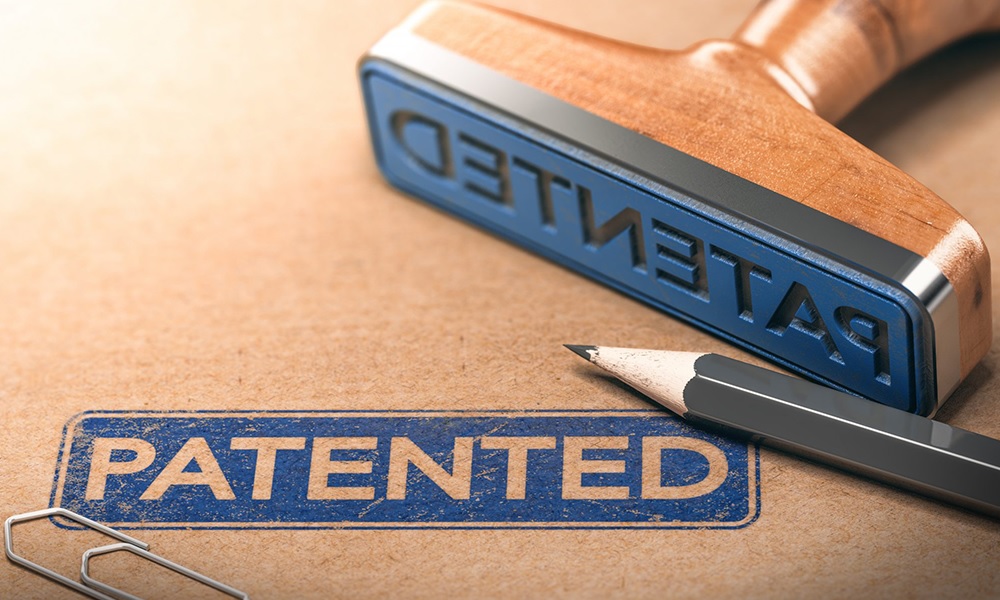Legal Implications of Patent Trolling: An Overview
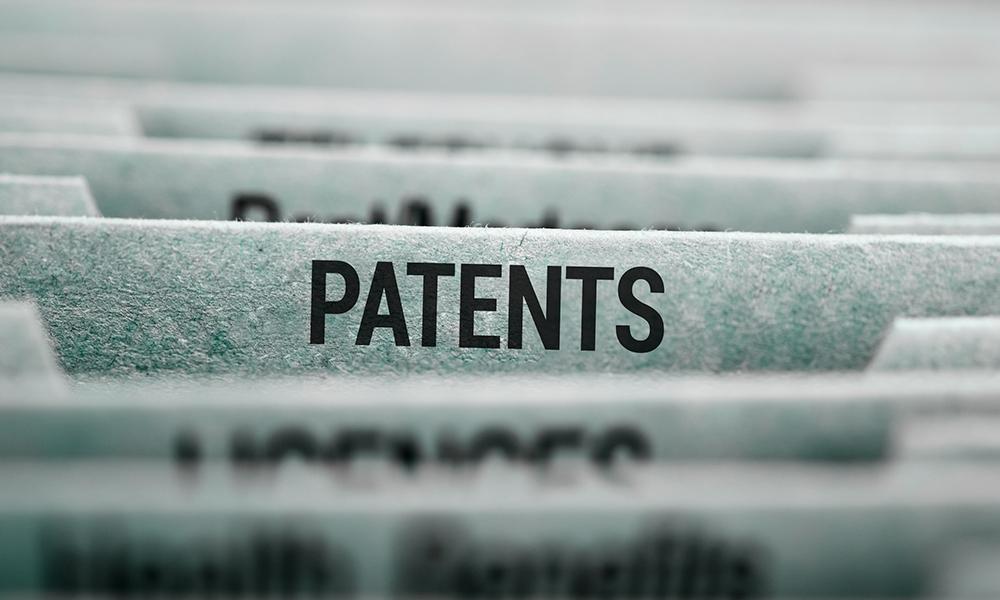
Patent trolling is a term used to describe the practice of acquiring patents solely for the purpose of suing others who may be infringing on those patents. This practice has become increasingly prevalent in recent years, causing concerns among the legal community about its impact on innovation, competition, and the economy as a whole. In this article, we will take a closer look at the legal implications of patent trolling and the measures being taken to address this issue.
Background
Patent trolling has been a controversial issue for many years. It has been argued that patent trolls do not contribute to innovation and only exist to extract money from other companies. In fact, patent trolls have become so prevalent that they now account for the majority of patent litigation in the United States.
The term “patent troll” was first coined in the late 1990s, and since then, the practice has continued to grow. Patent trolls acquire patents from other companies or individuals and then use those patents to sue other companies for infringement. Often, these patents are overly broad and vague, making it difficult for other companies to develop new products without the risk of being sued.
The Legal Implications
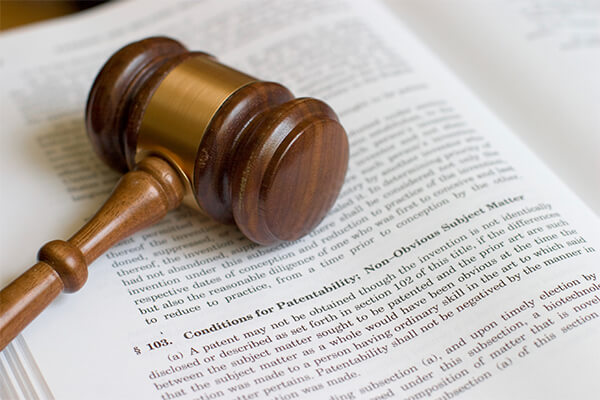
Patent trolling has significant legal implications for both patent owners and defendants. For patent owners, the practice of patent trolling can damage the reputation of legitimate patent holders. When a company is accused of patent trolling, it can be difficult to convince others that they are not engaging in such practices. This can lead to a loss of credibility and can even cause the company to lose business.
For defendants, the legal implications of patent trolling can be even more severe. Defending against a patent troll can be expensive and time-consuming, often costing millions of dollars in legal fees. Even if a defendant wins the case, they may still have to pay damages and legal fees, which can be devastating for small businesses.
Measures to Address the Issue
In recent years, there have been several measures taken to address the issue of patent trolling. One of the most significant is the America Invents Act, which was passed in 2011. This law made it more difficult for patent trolls to sue defendants by requiring more specificity in patent infringement claims.
In addition to legislative measures, there have also been efforts to address the issue through litigation. Many companies have started to fight back against patent trolls by filing countersuits and challenging the validity of the patents in question.
Patent trolling is a complex issue with significant legal implications. While there have been efforts to address the issue, it is still a problem that needs to be addressed. By working together, lawmakers, businesses, and the legal community can find solutions that protect innovation and competition while also ensuring that legitimate patent holders are able to protect their intellectual property rights.


